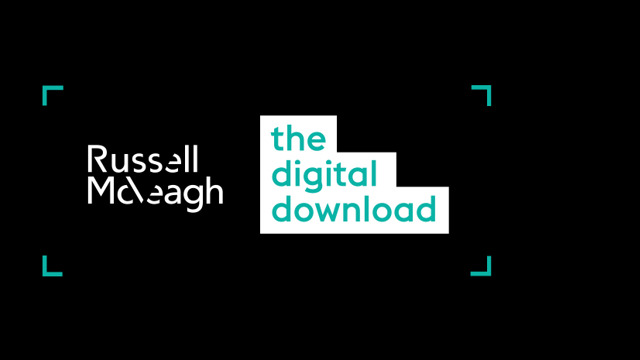Episode One: AI's Watershed Moment
In episode one, Digital, Technology and Strategic Sourcing experts Liz Blythe and Louise Taylor are joined by Co-founder and Chief Technology Officer at ElementX AI, Ming Cheuk, to dicuss AI technology and its benefits.
Episode Two: Limitations and Benefits of Generative AI
In episode two, Digital, Technology and Outsourcing experts Liz Blythe and Louise Taylor are joined by Megan Tapsell, Chair of the AI Forum of New Zealand to discuss both the opportunities for New Zealand businesses arising from, and limitations of, generative AI tools.
Episode Five: Generative AI and IP
In our fifth and final episode, Technology, Digital and Strategic Sourcing experts Liz Blythe and Louise Taylor and solicitors Vaash Singh, Leah Pattison and Olivia Murphy, discuss some of the intellectual property issues relevant to the use of generative AI tools.






